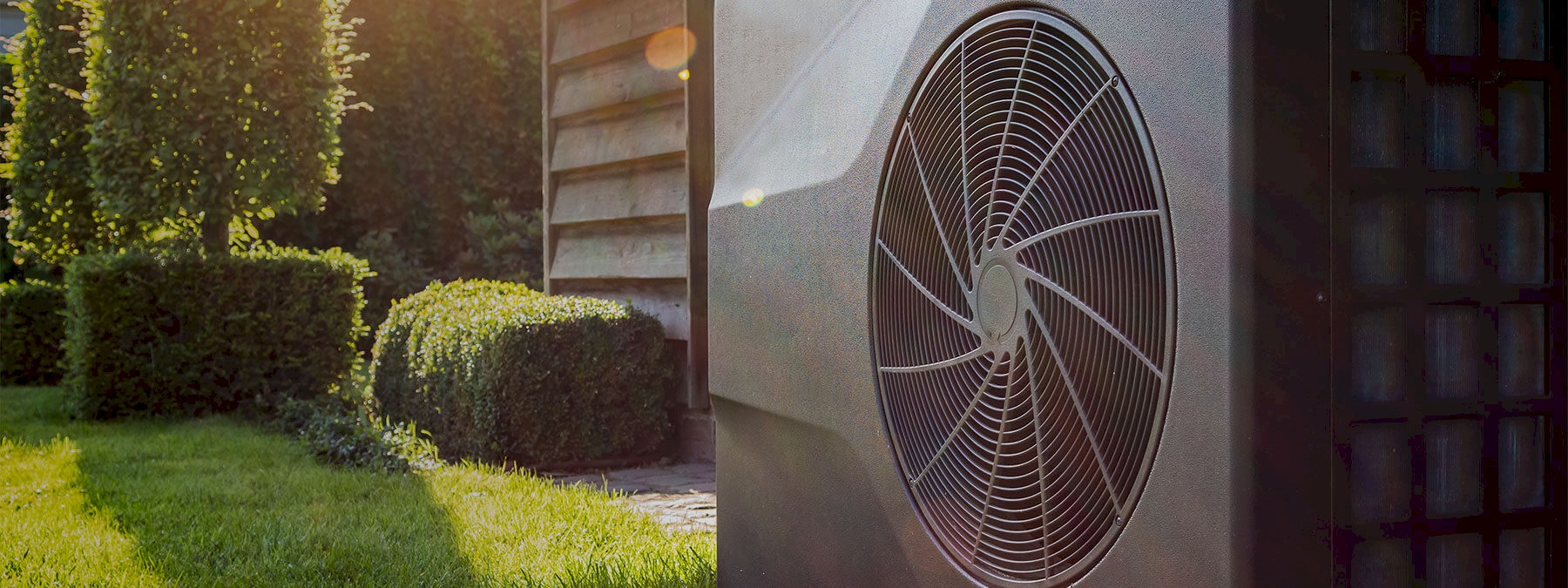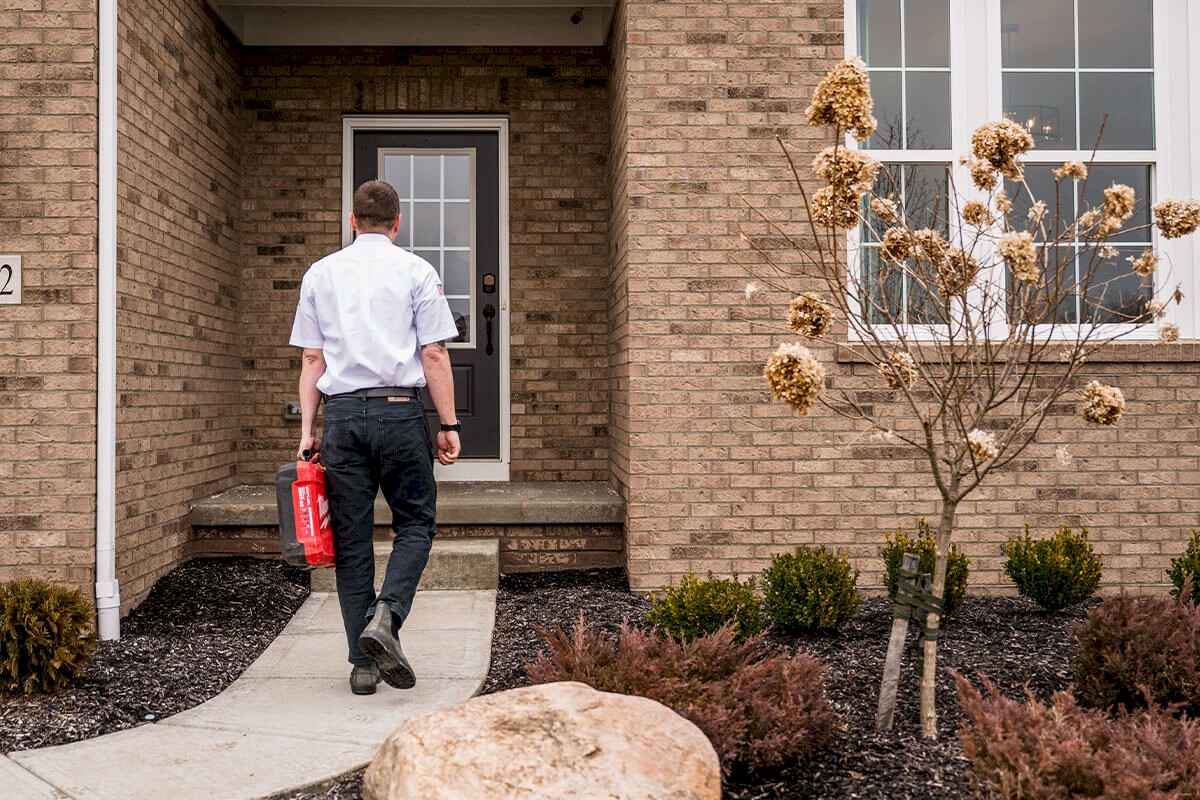
Heat Pumps
Heat pumps transfer heat rather than generating heat, making them energy-efficient for all climates. The team of specialists at Atlas Butler have the skills and expertise to properly install and maintain a heat pump to ensure your home is comfortable.
Maintenance Services:
- Heat pump repair and replacement
- Heat pump installation
- Heat pump maintenance
- Ducted air-source heat pumps
- Ductless air-source heat pumps
- And more
Looking for an HVAC professional to address your heat pump concerns?
Atlas Butler proudly installs LG Heat Pumps
Click here for savings on new LG equipment. Save even more by joining Atlas Butler’s Comfort Club.
Maintenance, repairs, replacements—we do it all and we do it fast.

- Call 24/7
- Certified Techs
- 2 HR Service Window
- Service All Brands
- No After Hours Fees
- Financing Available


Financing Available
Find out if you qualify for financing to ensure your home is comfortable and your cost is manageable.